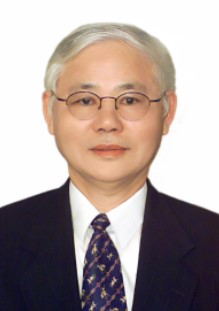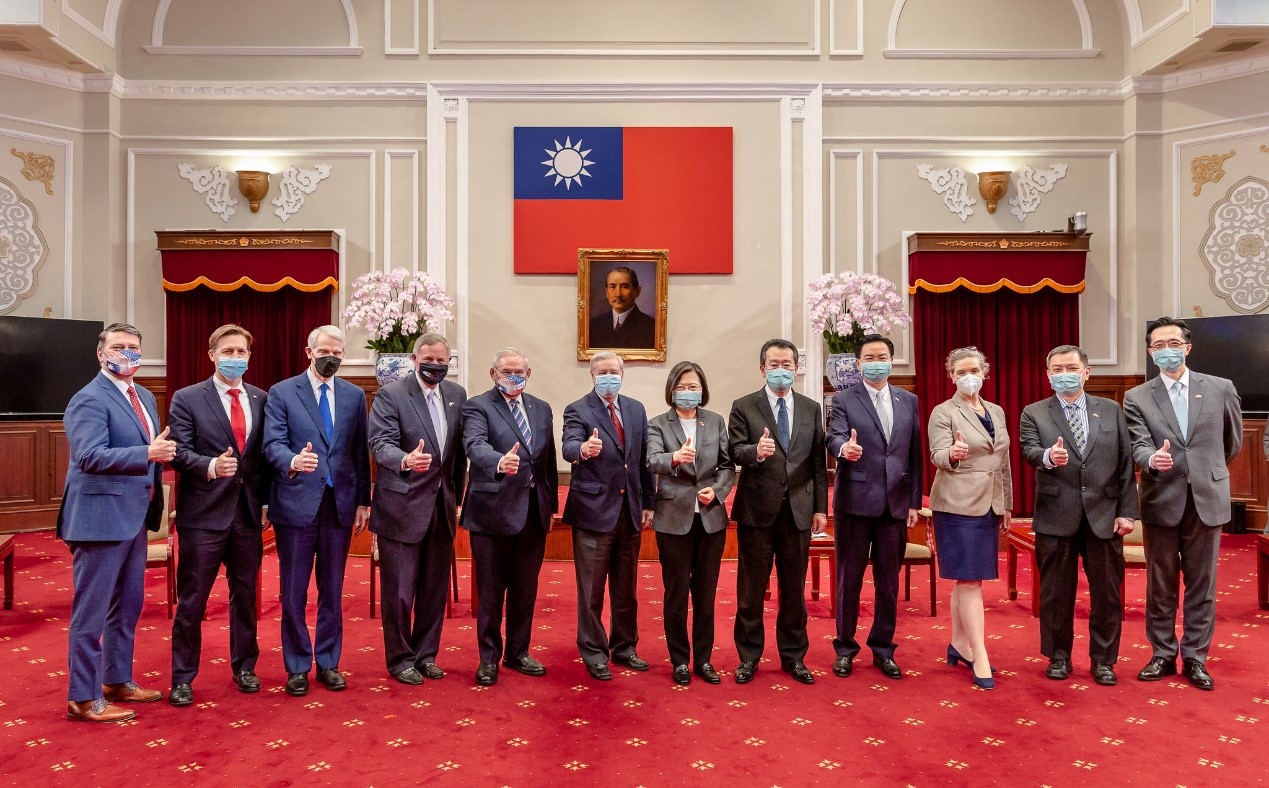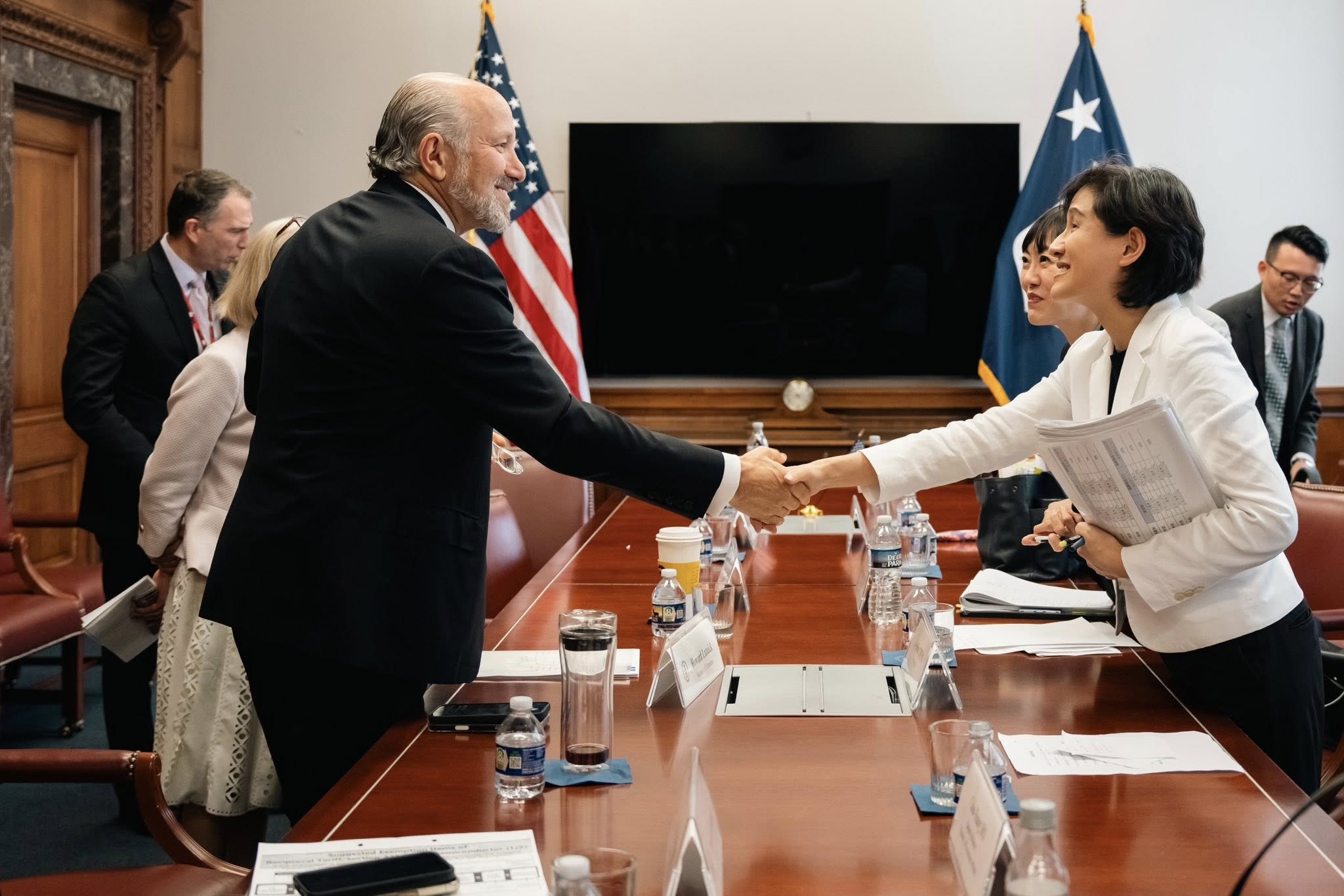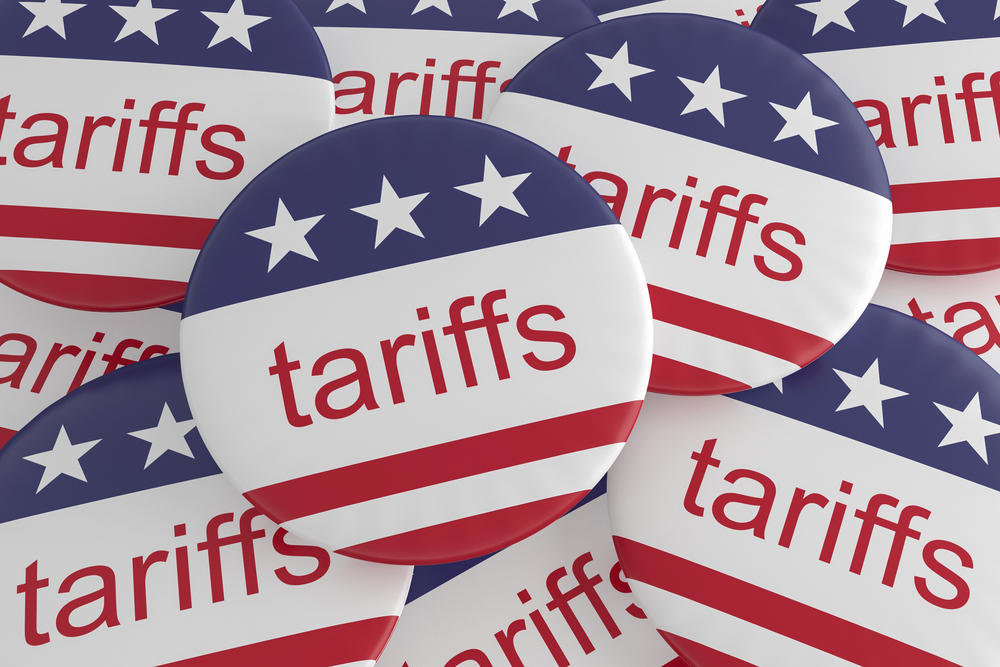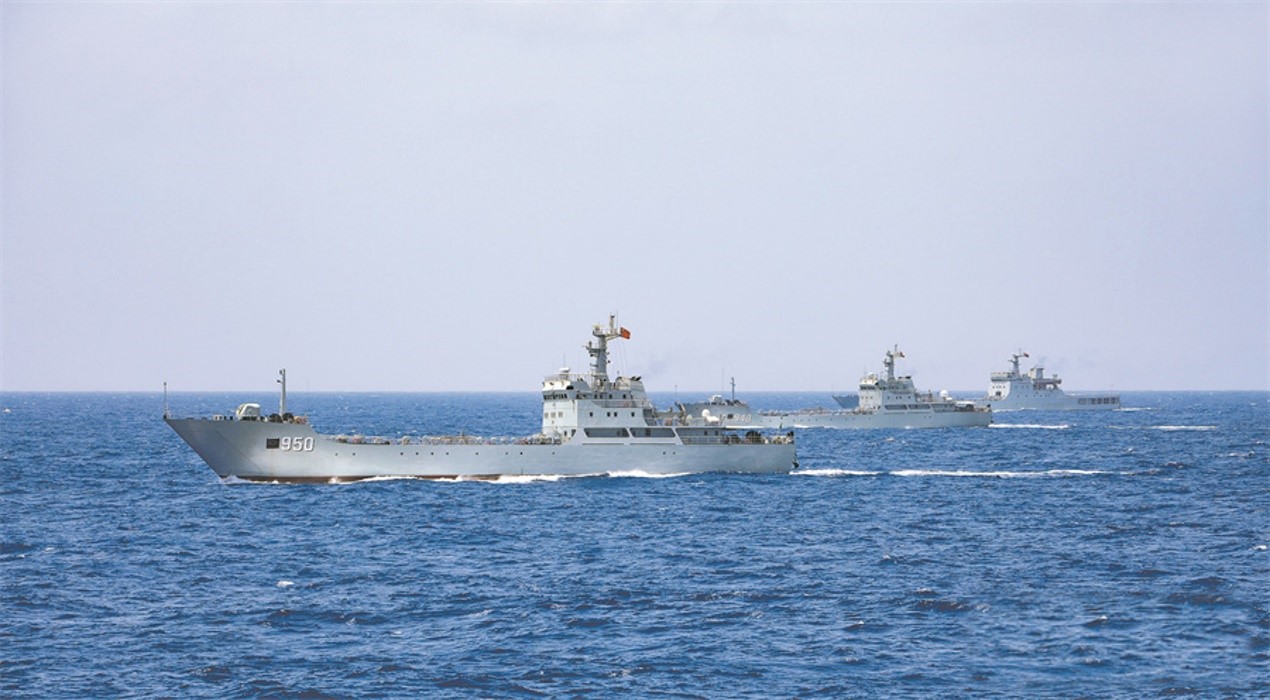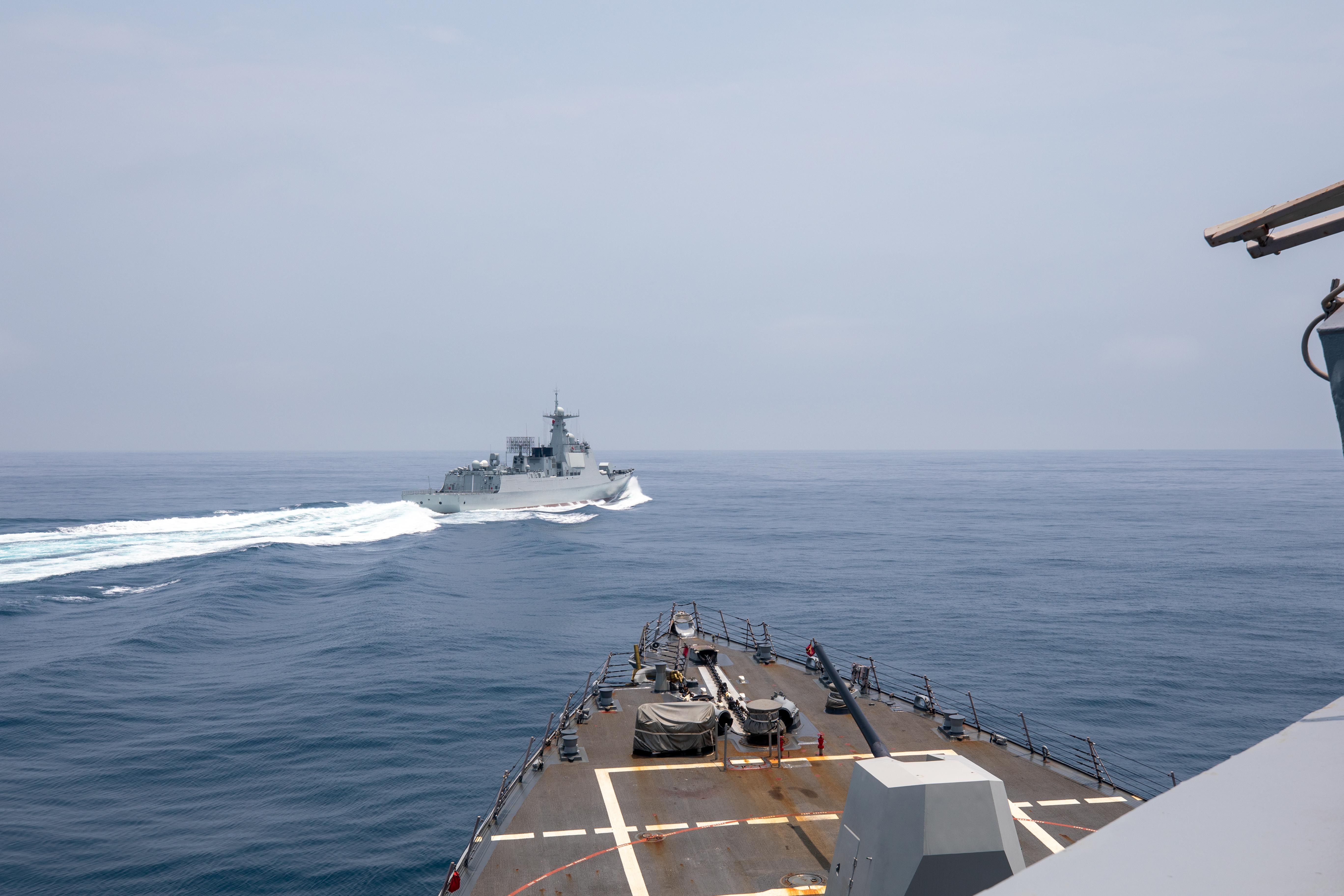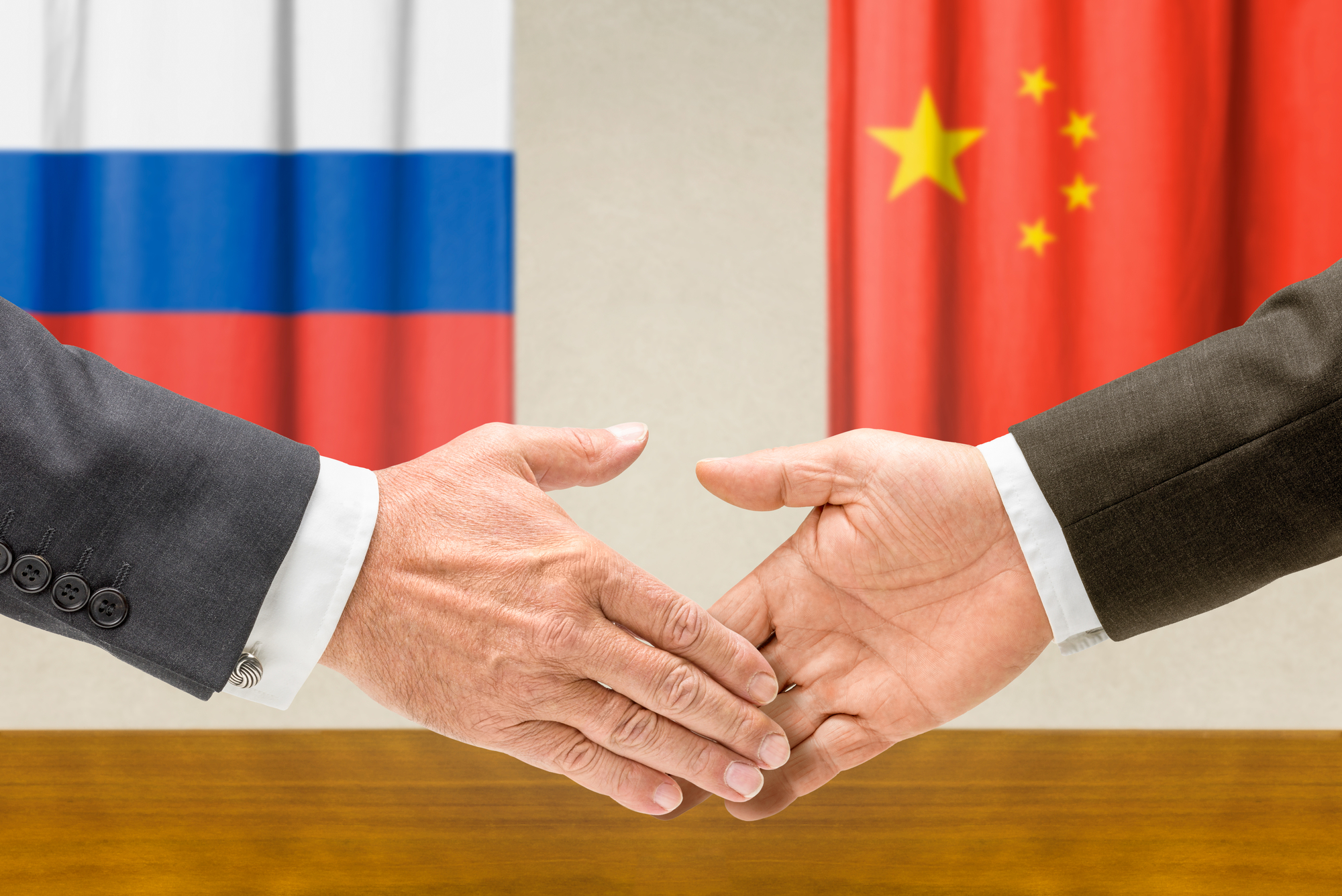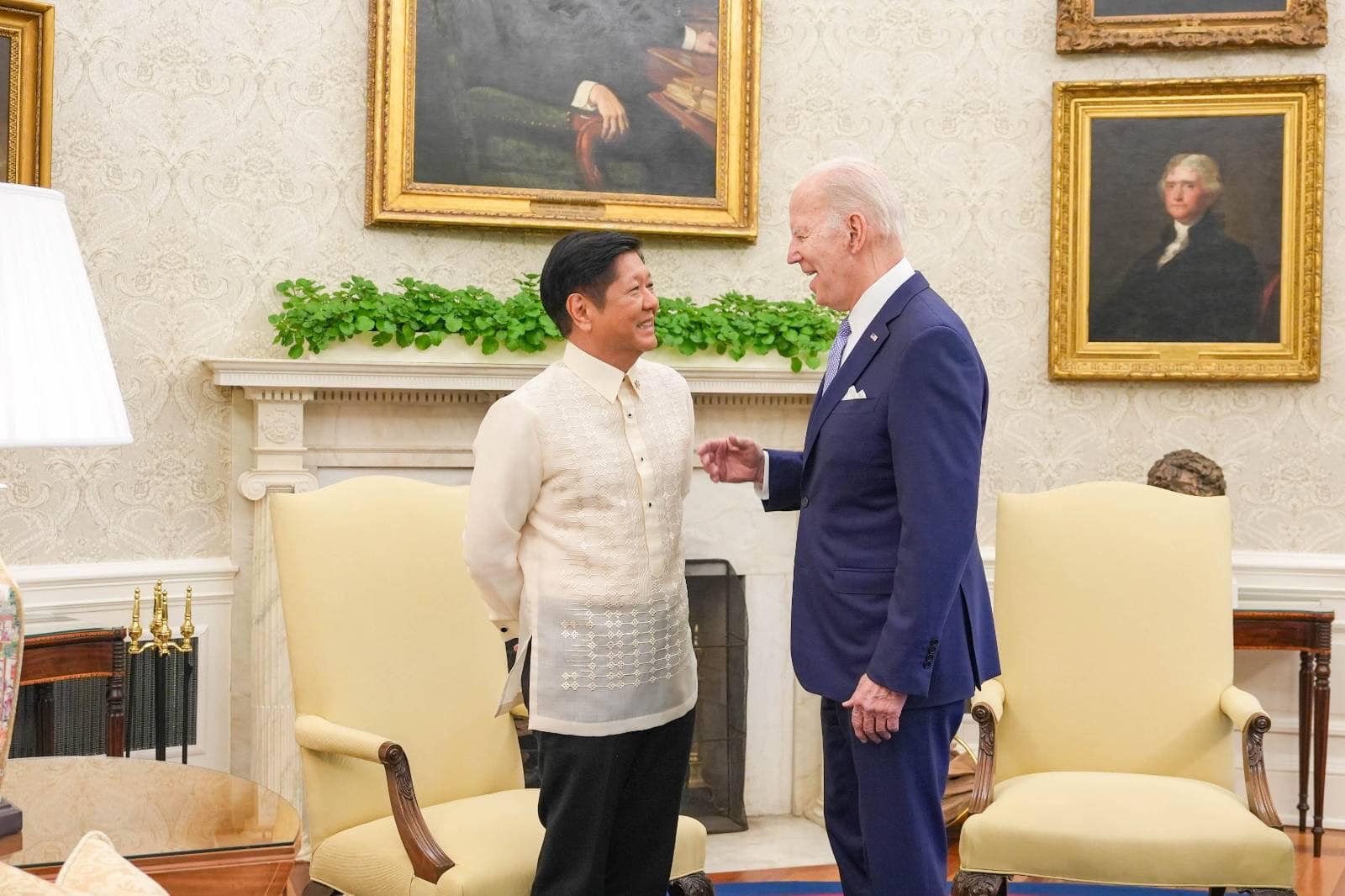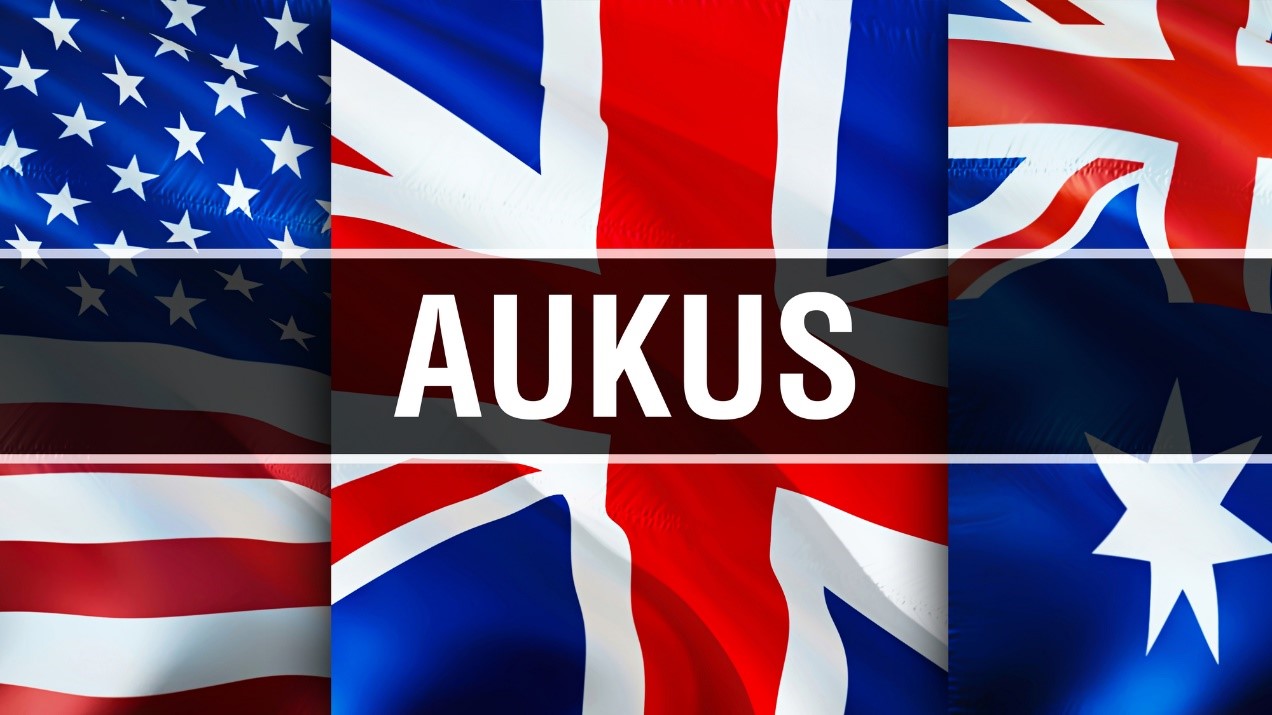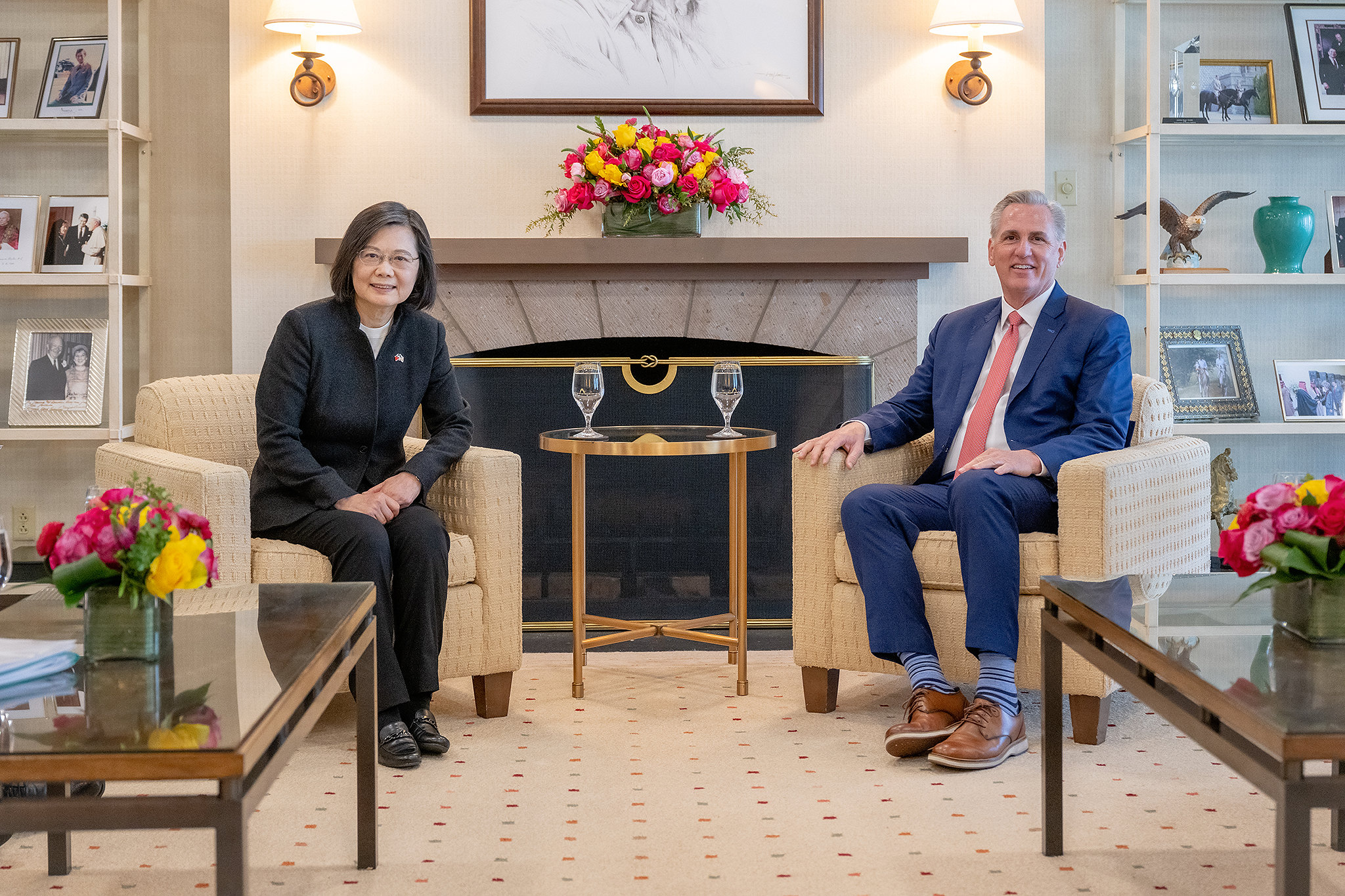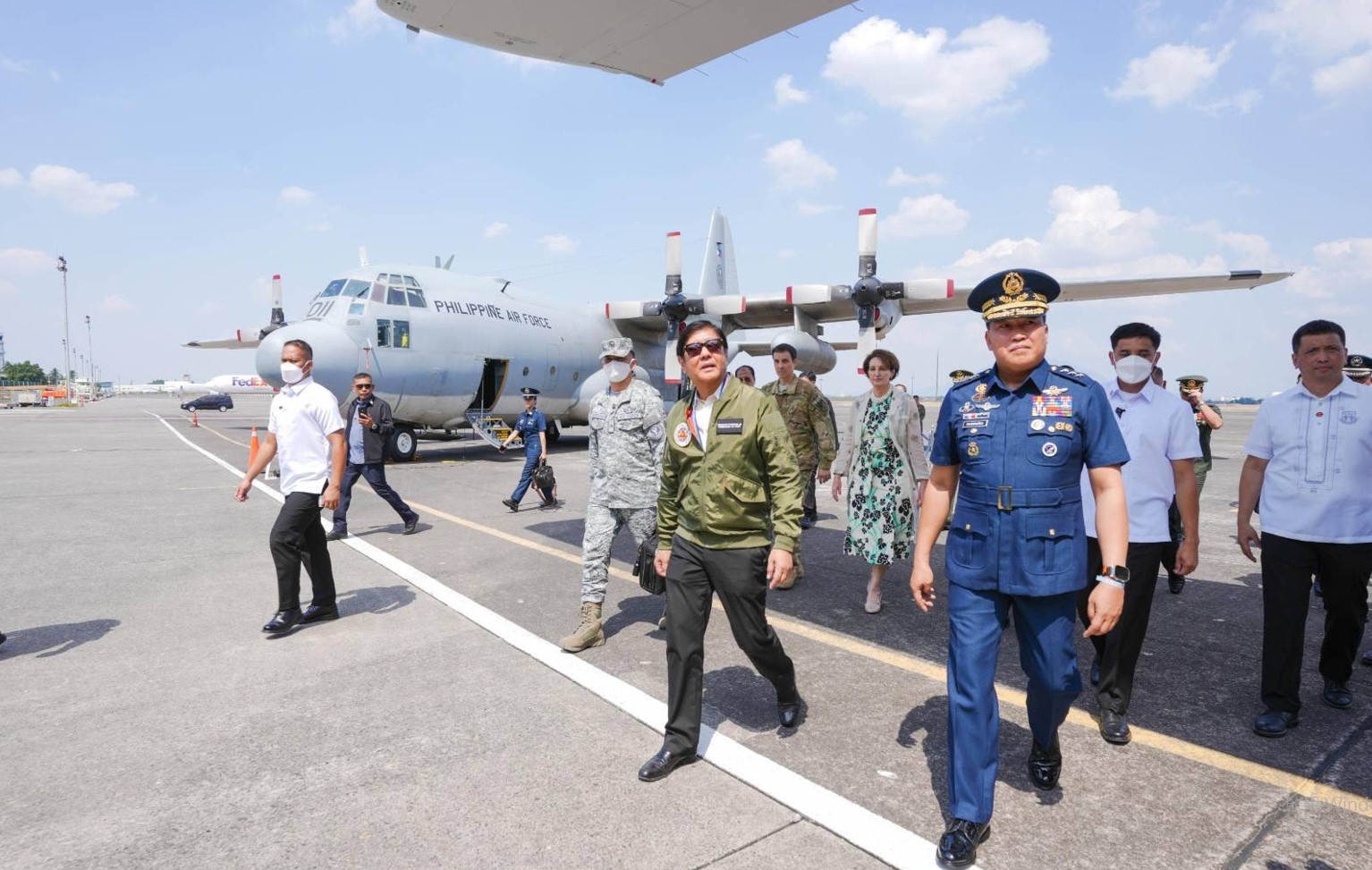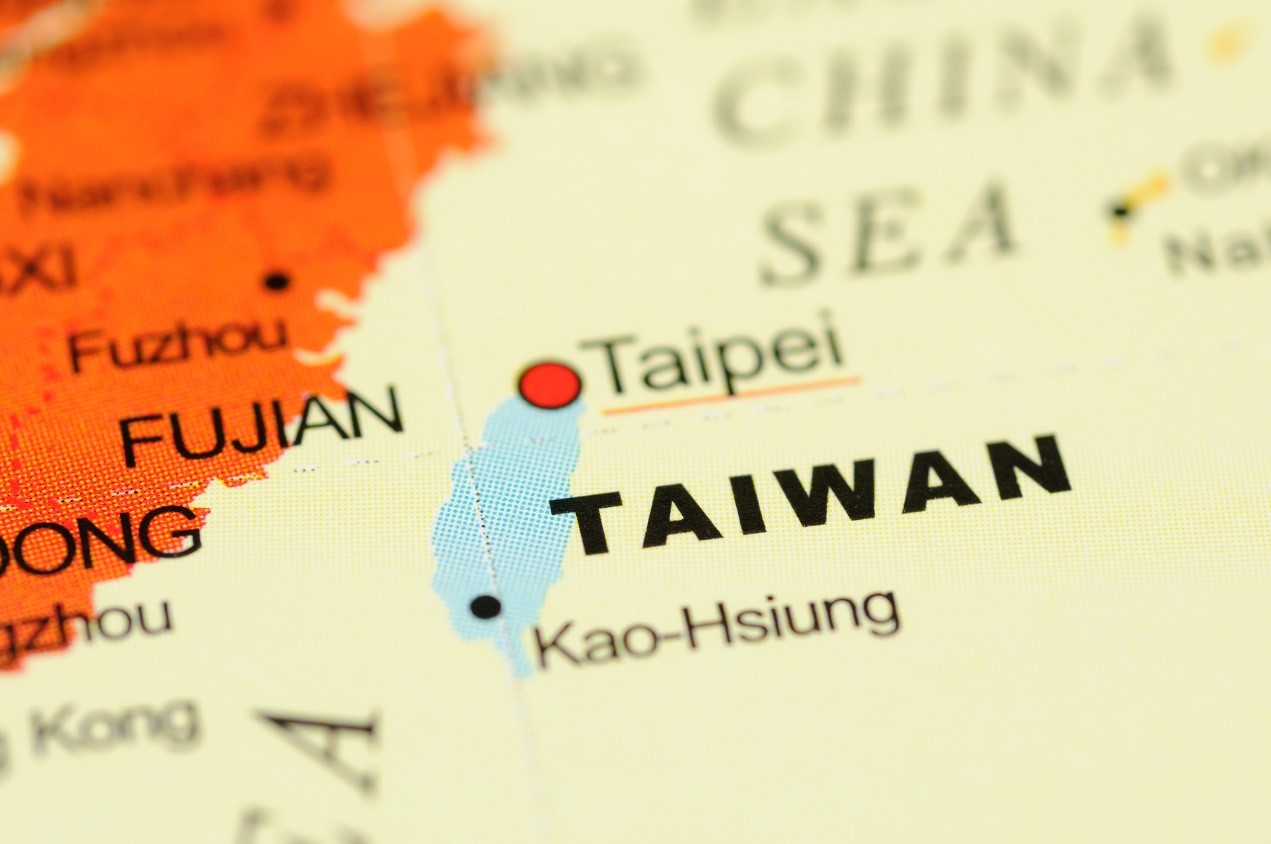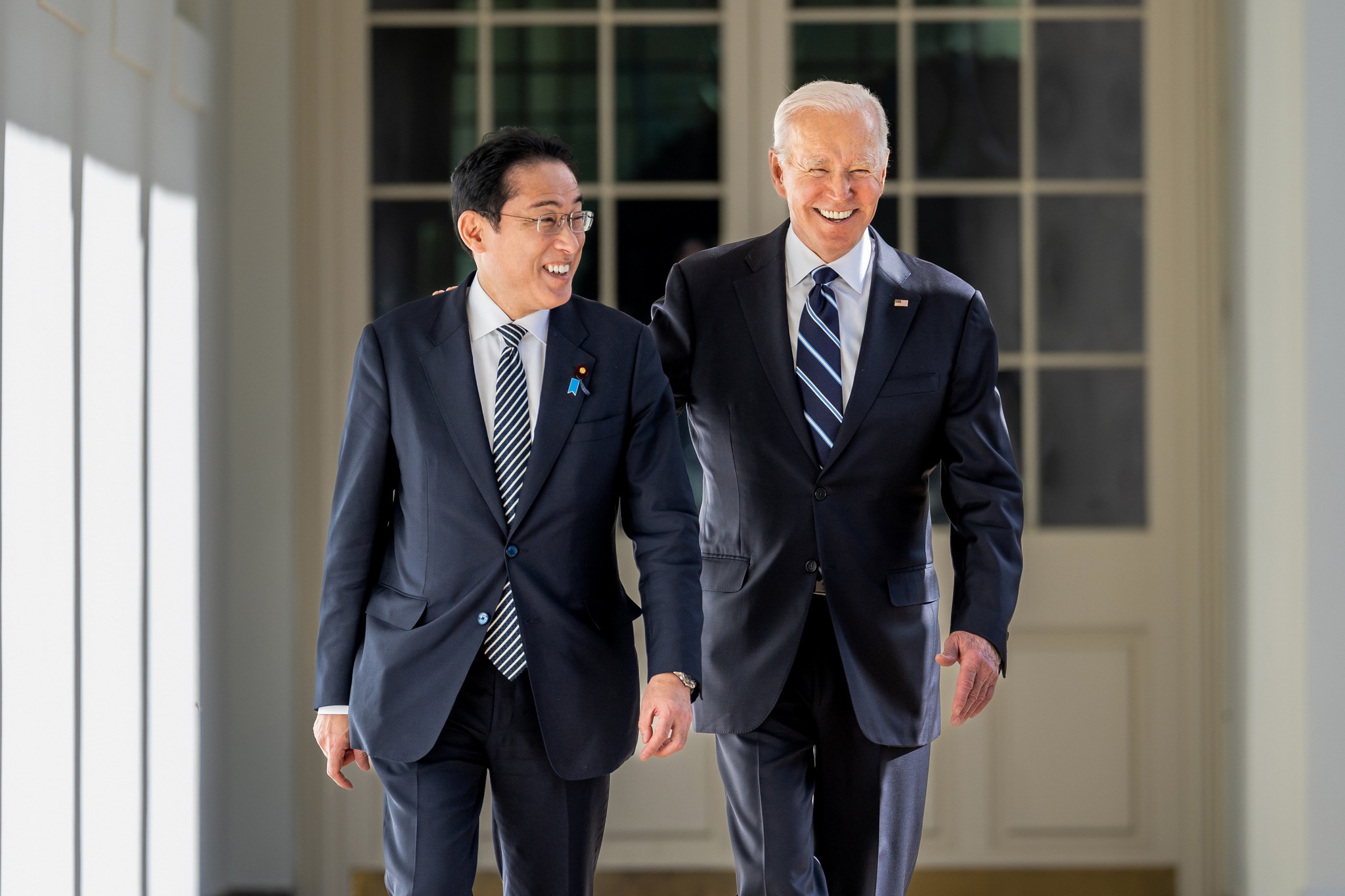Taiwan as an Indispensable Partner for the Indo-Pacific Economic Framework
As a global leader, the U.S. should invite Taiwan to the IPEF so that Taiwan can continue to promote U.S. economic, strategic and security interests in the region.
Picture source: Office of the President, April 15, 2022, Office of the President, https://english.president.gov.tw/News/6262.
Prospects & Perspectives 2022 No. 30
Taiwan as an Indispensable Partner for the Indo-Pacific Economic Framework
By Peter C.Y. Chow
May 24, 2022
At the APEC submit on October 27, 2021, U.S. President Joe Biden announced the Indo-Pacific Economic Framework (IPEF) as the centerpiece of his administration’s economic and trade policy in the region. It comprises four pillars that would enable the U.S. to (re)establish partnerships with countries in the region and shape future dynamics of sustainable trade within a rules-based trading system. The IPFE will address four major areas in (1) fair and resilient trade relations; (2) security of the global supply chain; (3) infrastructure, clean energy and decarbonization; and (4) tax and anti-corruption.
Although the IPEF may provide far less than expected, it serves as a starting point for the US to reassure allies and trading partners that it is determined to stay in Asia. Due to domestic contentions, the Biden administration will not join the more ambitious CPTPP in the near future — and therefore Indo-Pacific countries are banking on the IPEF to ensure continued collaboration.
The U.S. has been and still is a major player in the Asia Pacific. Yet until now, U.S. foreign policy in the Indo-Pacific has focused more on strategic security rather than economic and trade interests. Many countries collaborate with the U.S. on security and the strategic front while relying on China as their major export market. In fact, China is the largest trading partner for most countries in the region today, having applied coercive diplomacy through its huge consumer market since becoming a card-carrying member of the WTO. Obviously, there is a critical imbalance between economic and security for the U.S.’ strategic interests in the region.
In international relations, strategy and security concerns are inextricably linked with trade and economics. No country can survive simply by trading national security for economic benefit. Meanwhile, economic interests in any country have to balance with national security. As such, it is in the best interest of the U.S. to engage in trade and investment with Indo-Pacific countries in alignment with its strategic security goals. By the same token, many U.S. allies and partners would have to make some compromises on their economic interest for the sake of their security.
For the IPEF to foster activity that meet security and economic goals, members must comprise a group of liked-minded countries with shared values of economic and strategic interests. Taiwan is situated in the middle of the first-island chain in the West Pacific where the U.S. has strong strategic and security interests. In fact, China’s recent increasing assertiveness in the South China Sea has crystallized Taiwan’s value as an indispensable strategic partner for the U.S. Bringing Taiwan formally into the Indo-Pacific community via the IPEF would be the best way to demonstrate that the Biden administration is determined to uphold U.S. long-term commitments in the region.
Taiwan’s vibrant democracy, rule of law and due process distinguishes it as a role model of democracy in the region. Many of Taiwan’s political and business leaders spent formative years on university campuses and college towns across the American heartland. People to people exchanges between these two countries is one of the greatest flows across the Pacific Ocean. Culturally speaking, Taiwan is a “nearest west,” rather than a “far east” ally for the U.S.
As a market economy with free enterprise, Taiwan embraces a rules-based free-trade system. In 2021, Taiwan was the eighth-largest trading partner of the U.S. — and importantly, a critical supplier for strategic industries. High-tech companies from Silicon Valley to Silicon Hills require the supply of strategic components from Taiwan to sustain their production. Semiconductor-related products, with dual functionality in the defense and civilian sectors, are the fourth most-traded good by value in world trade, trailing only crude oil, oil refinery products, and automobiles. Taiwan’s role in manufacturing chips is indispensable in sustaining a resilient global supply chain. In fact, U.S. domestic chip production currently accounts for only 40% of total demand, with Taiwan providing the bulk of the balance in demand. The importance of secure supply will only grow with insatiable demands for advanced logic chips (10 nanometers or less) essential for AI and 5G technology. Taiwan manufactured an astounding 92% of global advanced chip supply in 2021.
So, Taiwan can certainly pay its own way — but does it deserve a seat at the IPEF table? The recent annual review of the United States Trade Representative reports that Taiwan has made strong progress in furthering intellectual property protections. On decarbonization, Taiwan has also committed to developing its green energy with a target of 25% renewable energy supply by 2025. According to a Regional Perspectives on the Indo-Pacific Economic Framework report by the Center for Strategic and International Studies’ Matthew Goodman and William Reinsch, “Taiwan should be as ready as most of the other potential participants to endorse the substantive goals and many of the harder commitments of the framework (IPFE). The challenge is that other regional partners may be uncomfortable extending an invitation to it for fear of politicizing the initiative.”
If Goodman and Reinsch’s assessment on the plausible reactions of other regional partners on Taiwan’s participation is correct, then the Biden administration will need to demonstrate its statecraft to resolve the reportedly uncomfortableness of its partners on extending an invitation to Taiwan to join the IPEF. Despite the plausible political and social discomfort, it behooves the U.S. to ensure the member base is based on strategic importance in ensuring economic and security interests.
On March 30, 2022, a bipartisan group of 200 U.S. House of Representatives members sent a letter to Commerce Secretary Gina Raimondo and U.S. Trade Representative Katherine Tai to petition for Taiwan’s inclusion in the IPEF. At the hearing on the House Committee of Foreign Affairs on April 28, 2022, Secretary of State Blinken told Congresswoman Ann Wagner that “there is nothing that is closing the door on anyone, including Taiwan.” After a meeting between Japanese Economy, Trade and Industry Minister Koichi Hagiuda and U.S. Trade Representative Katherine Tai and Commerce Secretary Gina Raimondo on May 4, 2022, Hagiuda told reporters that “We agreed that we should bring together as many like-minded countries as possible and launch it in the near future.” He continued: “We welcome greater [U.S.] economic involvement in the Indo-Pacific … We want to contribute to making the IPEF a reality.”
For sure, support for Taiwan’s participation in any global forum these days may result in aging tropes of outcry and purported geopolitical consequences. However, the consequences of excluding Taiwan from the IPEF would be severe — from missteps and bungling of global pandemic responses to the potential risk of disruptions in advanced chip supply. It would undercut the credibility among U.S. allies and damage U.S. leadership if Washington had to sacrifice its own national interest in deference to other countries’ national interests. It is the most unfortunate development that Taiwan was not included in the first group of countries to launch the IPEF as President Biden announced in Tokyo on May 23. However, as his national security advisor, Jack Sullivan said "….. we're pursuing that, in the first instance, on a bilateral basis while we work with a range of other countries through the framework." It is hoped that as a global leader, the U.S. eventually will invite Taiwan to the IPEF so that Taiwan can continue to promote U.S. economic, strategic and security interests in the region.
(Peter C.Y. Chow is Professor, Department of Economics and Business, City University of New York.)

